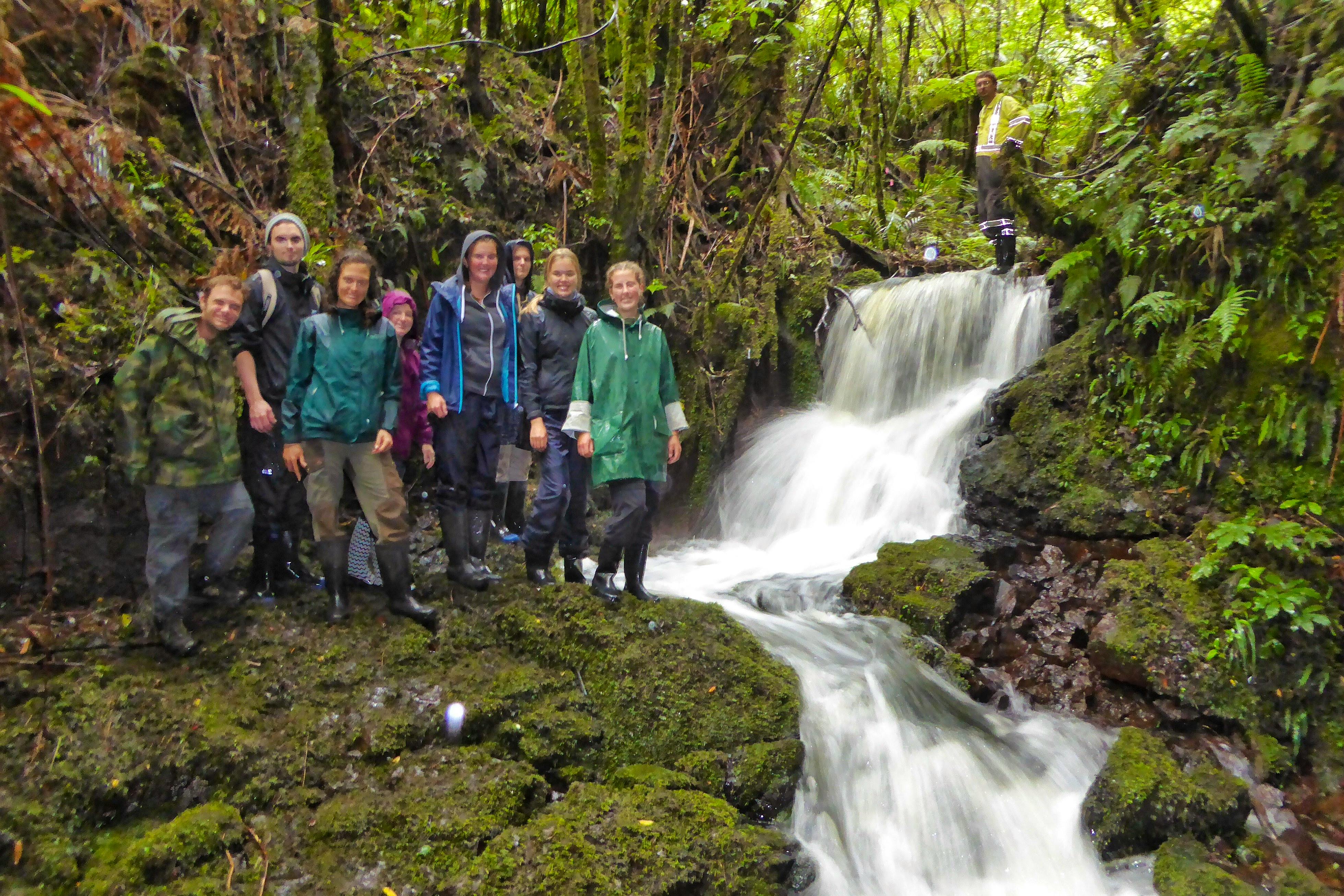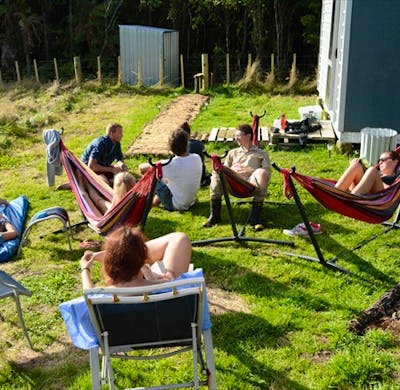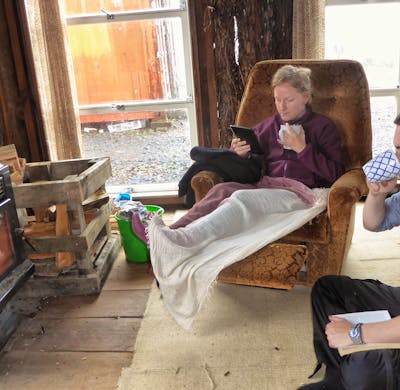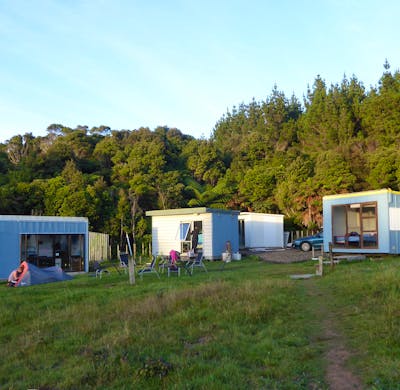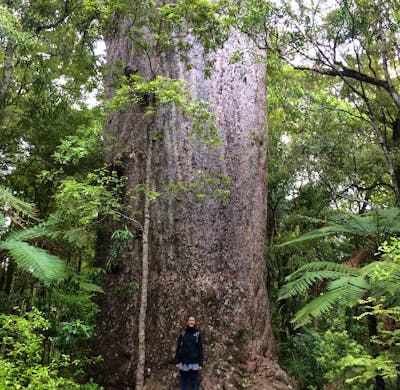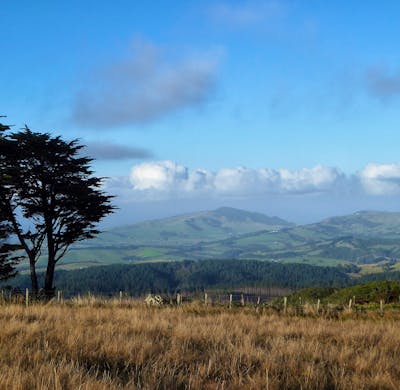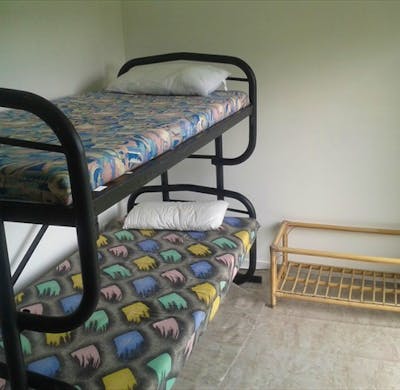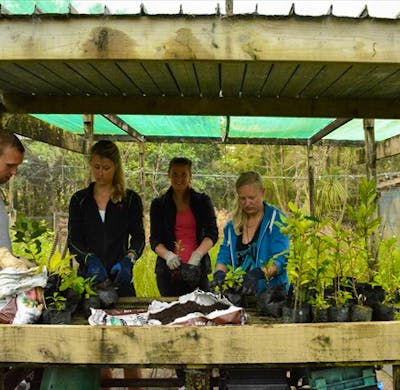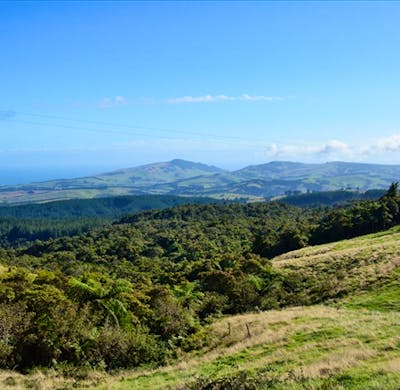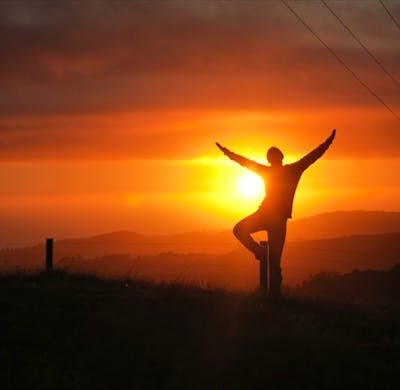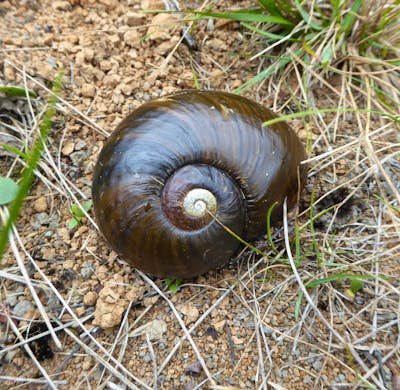Native Forest Conservation Helper
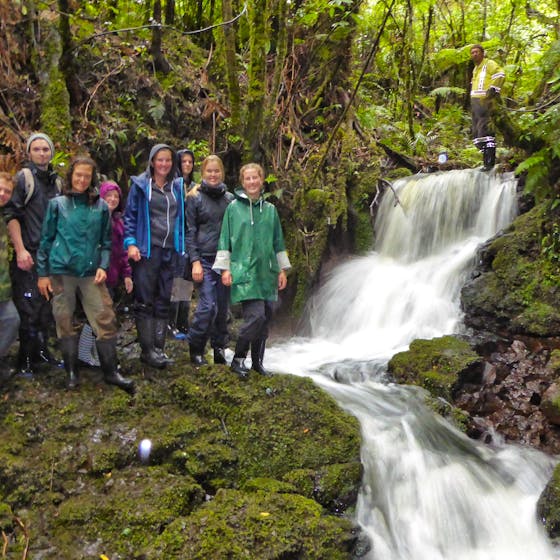
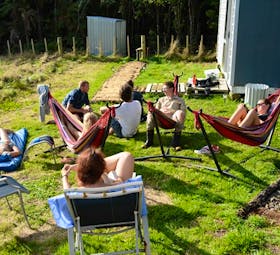
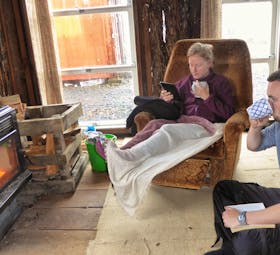
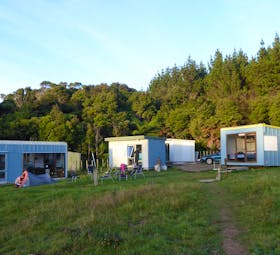
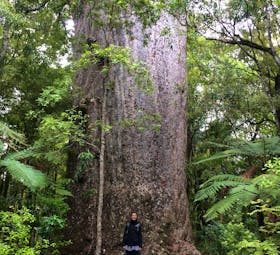
Høydepunkter
- Experience living in a rain forest
- Learn how to protect endangered species
- Connect with like-minded people
- Live off grid in a sustainable way
- Experience living in a rain forest
- Learn how to protect endangered species
- Connect with like-minded people
Spesielt egnet for
Om programmet
Join us to help protect this beautiful jungle-like forest and to create a safe environment for the kiwi!
You are thinking of coming to New Zealand attracted by the amazing landscapes, never-ending beaches, blue skies, soaring mountains, and green forests. You like nature and seek respite from the crowded city. You sometimes wonder what simple life is like, living off-the-grid, maybe? You want to do ...
Typisk dag
Typical Day at Work
- 8am - 9am breakfast
- 9am - 10am cleanup
- 10am - 12pm morning working activity
- 12pm - 1pm lunch/picnic
- 1pm - 4pm afternoon working activity
- 4pm - 6pm leisure activities (free time)
- 6pm - 8pm dinner
- 8pm - 10pm leisure activities (sunset watching, dusk bird chorus, and/or searching for ...
Fritidsaktiviteter
Due to our remote location, there are no opportunities to go to town or to the cinema during the free time. However, we have a cinema on site!
During the free time, the volunteers are encouraged to explore our forest.
We always eat together and sometimes we invite the DOC rangers or the neighbours ...
Krav
Hva inngår
Hva er IKKE inkludert?
Detaljer ved ankomst
The nature sanctuary is open the first Monday in November and the first Monday in April. Due to our remote location, you can join (or leave) the program on Mondays only.
The start dates are on the first and third Monday of every month.
Programgebyrer
Møt din vert

Pupu Rangi Nature Sanctuary
Byrå - grunnlagt i 2008
Verifisert av Volunteer World
Arrangert av
Octavian
Om prosjektet
7 gjennomganger ·  4.9
4.9
Plassering

Du kan også være interessert i
-
Par
Misjonsreiser
Naturfrivillig arbeid
Beste frivillige programmer
Frivillige turer for studenter
Prosjekter i utlandet
Gruppefrivillig arbeid
Voksne
